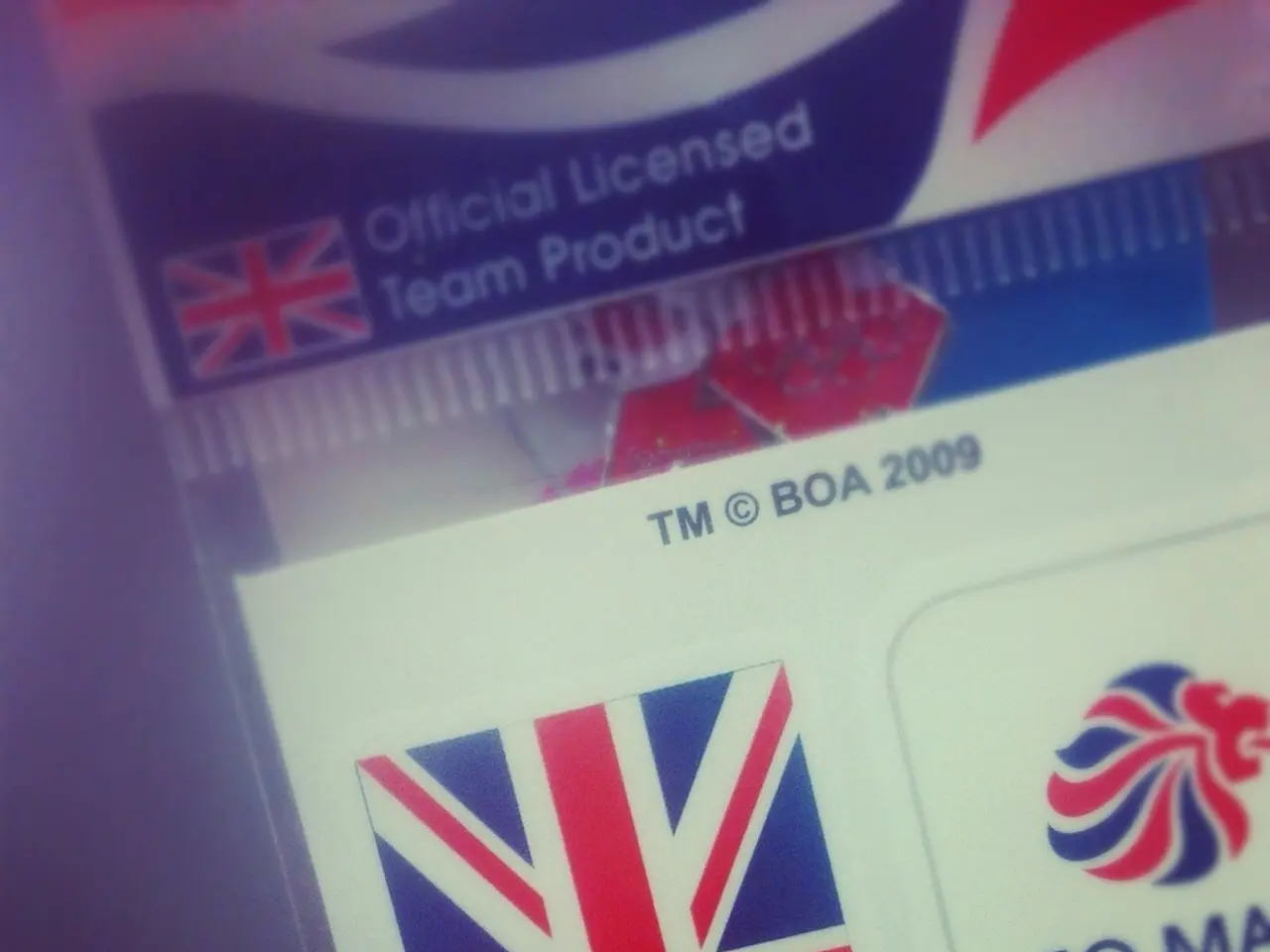New crypto authorizations issued in South Africa, totaling 63 licenses
In a significant stride towards regulating the crypto sector, South Africa now has 138 licensed Crypto Asset Service Providers (CASPs)[1][5], according to the Financial Sector Conduct Authority (FSCA). This number represents a substantial increase from the 75 licensed CASPs in April 2024, indicating a growth of 63 new CASPs between April and mid-2024[1][5].
The FSCA, responsible for regulating crypto assets as financial products, has been actively licensing CASPs since 2023. The licensed CASPs encompass exchanges, custodians, and wallet providers registered with the Financial Intelligence Centre (FIC) and adhering to operational and conduct standards under the FSCA[1][2][5].
This regulatory push aligns with global standards, such as the FATF “Travel Rule” effective from April 2024, which requires reporting transactions above R5,000[1][5]. The FSCA's efforts are part of South Africa's broader strategy to regulate the crypto sector, addressing concerns about money laundering and terrorist financing risks.
The growth in licensed CASPs signifies a growing legitimacy and oversight in South Africa's crypto industry, positioning the country as a regional crypto regulatory leader with a growing number of formal service providers[1][5].
However, not all applicants have been successful. The FSCA has declined five applications and 80 applicants have voluntarily withdrawn following discussions with the FSCA[1][2]. The main reasons for license application rejections include failure to meet operational ability requirements and an inability to demonstrate the required knowledge and practical experience in crypto assets[1][2].
Institutions with declined or withdrawn applications can re-apply if they can demonstrate full compliance with licensing requirements[1][2]. One of the newest licensed CASPs is Kotani Pay[1][5]. It's important to note that the South African Reserve Bank does not currently recognize crypto assets as currency[1]. The FSCA's authorization does not recognize crypto assets as legal tender or "cryptocurrency"[1].
The FSCA continues to investigate 30 unauthorized crypto financial services[1][2]. Unauthorized CASP-related activities will be subject to regulatory action, except for those who applied by November 30, 2023, and are awaiting application finalization[1][2]. This approach aims to provide a transition period for those who have initiated the licensing process.
South Africa's commitment to balancing innovation with regulatory compliance is demonstrated by the increase in licensed CASPs, particularly given its current status on the FATF’s grey list[1][5]. As the crypto industry evolves, South Africa continues to adapt its regulatory framework to ensure a safe and secure environment for both investors and service providers.
[1] Financial Sector Conduct Authority (FSCA) [2] Financial Intelligence Centre (FIC) [3] Financial Action Task Force (FATF) [4] Reserve Bank of South Africa (RBSA) [5] South African Reserve Bank (SARB)
- The growth in South Africa's licensed Crypto Asset Service Providers (CASPs) is indicative of a burgeoning technology-driven business sector, particularly in the area of crypto payments and investments.
- With the FSCA's efforts to regulate crypto assets as financial products, South Africa is actively courting innovation in the field of decentralized finance (Defi).
- The increased regulation of the crypto sector, such as the enforcement of the FATF Travel Rule, is aimed at mitigating risks associated with money laundering and terrorist financing in Africa's blossoming crypto business.
- As South Africa positions itself as a regional leader in crypto regulation, it is fostering an environment that encourages both domestic and international investment in the sector.
- In spite of the growing number of licensed CASPs, the FSCA continues to scrutinize unauthorized crypto financial services to ensure compliance with regulatory standards.




